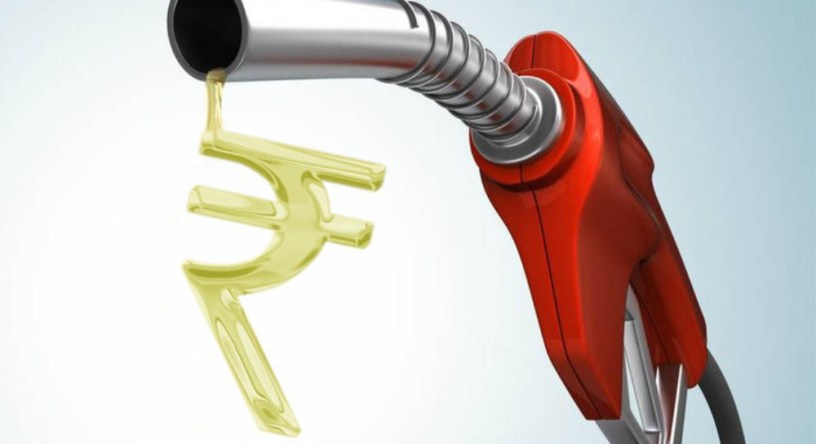 The centre is in favour of bringing petroleum products under the goods and services tax (GST) regime, but is waiting for a consensus to emerge among states, finance minister Arun Jaitley said on Tuesday.
The centre is in favour of bringing petroleum products under the goods and services tax (GST) regime, but is waiting for a consensus to emerge among states, finance minister Arun Jaitley said on Tuesday.
“As far as the central government is concerned, we are in favour of bringing petroleum under GST. Let me categorically state this. But we would await the consensus of the states and I do hope at some stage, sooner or later, the states agree to bring this inside GST,” Jaitley said in the Rajya Sabha.
He was responding to a question from former finance minister P. Chidambaram, who wanted to know the position of the Bharatiya Janata Party (BJP)-led central government on the inclusion of petroleum products under the new indirect tax regime.
“Now that the BJP is in power in 19 states and is in power at the Centre. What prevents the central government from moving the GST Council to decide that petroleum products should immediately be brought under the GST,” Chidambaram asked.
At present, petroleum products are included under GST, in line with amendments to the Constitution. But GST will start to be levied on petroleum products only once the GST Council—the representative body comprising the Union finance minister and state finance ministers—approves the move. Any decision in the GST Council needs the support of three-fourths of the members. The central government has one-third voting share and the state governments the remaining. Till date, all decisions in the GST Council have been taken by consensus and without any voting.
“After a great deal of consultation, we persuaded the states to agree to bring petroleum within the GST itself at least in the Constitution amendment. The states reluctantly agreed to do so. However, only when the states decide and agree upon it will the Council have the power to levy GST on petroleum,” Jaitley said.
The finance minister’s statement comes at a time when at least one state—Jammu and Kashmir—is considering bringing petroleum under the GST regime. Mint reported on 17 October that the state government is considering bringing petroleum, electricity, real estate and alcohol under GST and may make an announcement to this effect in its upcoming budget.
Devendra Kumar Pant, chief economist and senior director (public finance), India Ratings and Research Pvt. Ltd, said the states’ revenue dependence on petroleum is too high.
“Petroleum is one of the major components in state revenues. Between FY12-FY17, for all states put together, revenue from taxes on petroleum constituted 16.6% of the states’ own tax revenues. That is a sizeable number. If you bring these products under GST, then states will not have any taxation powers left with them,” he said, adding that the central government is as highly dependent on petroleum products for revenue.
Chidambaram also tried to corner the government on the retail prices of petroleum, pointing out that despite a fall in crude prices until October 2017, the retail prices had not changed. He added that since October 2017, crude prices have been on the rise.
Jaitley responded that the government was concerned about the rise in petroleum prices. “We did bring down central duties to some extent and have written to the states to bring down state duties. A large part of the taxation on petroleum is the state taxes. I am glad that a number of BJP-ruled states brought down the taxes while UPA (United Progressive Alliance)-ruled states refused to bring the prices down,” he said.
Source: LiveMint
We have launched Single Platform on GST Compliances In India, assisting in 4 areas – 1) Migration, 2) GST Compliance, 3) Training and 4) Transition & Implementation. Click this link for any assistance.

 Toll Free:
Toll Free:  Contact Us
Contact Us

